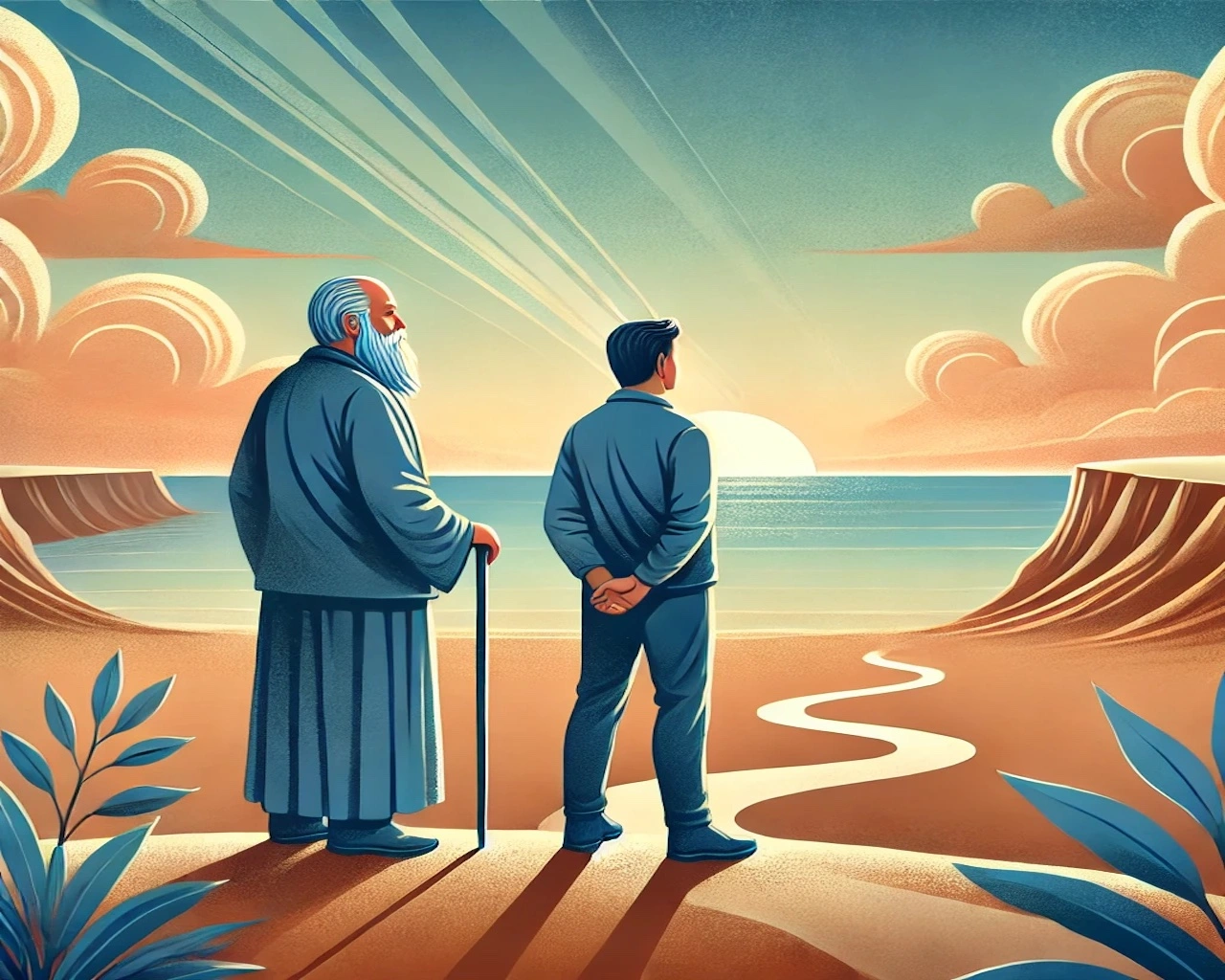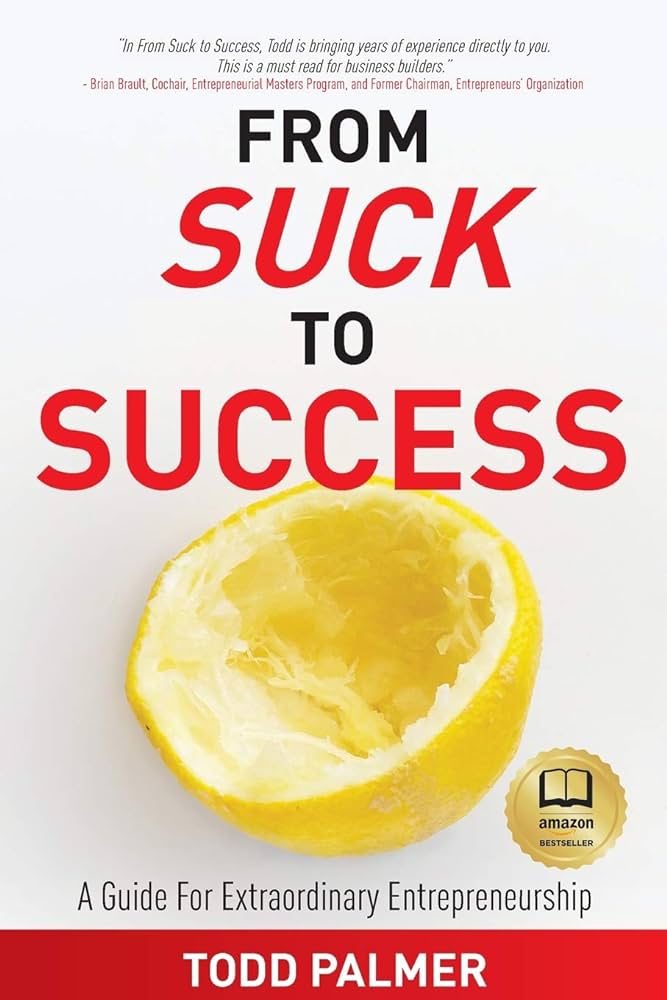Recently, I spent an impactful week at the Modern Elder Academy (MEA) with Chip Conley, the visionary behind the world’s first midlife wisdom school. This experience brought me a new perspective on life stages, transitions, and the wisdom we carry, offering insights directly applicable to entrepreneurs navigating both the highs and lows of business.
1. Reframing Aging and Embracing "Second Adulthood"
Aging, often seen as a decline, was reframed as an invitation to enter a "second adulthood." For centuries, humans lived half as long as we do now, with life expectancy jumping from 47 years in 1900 to over 77 by 2000. MEA encouraged us to use this extended life to take a second look at what we care about and decide how we want to engage with the world. Instead of the traditional path of "learn, earn, adjourn," we can view our experiences as the raw material for a fulfilling, evolving second act.
As entrepreneurs, we often find ourselves in a relentless pursuit of growth. Still, this new mindset highlighted the value of aligning our actions with our core values, not just our ambitions. "What do you care about, and why?" became a guiding question, reminding me that purpose can drive business just as powerfully as profit.
2. Navigating Transitions with Wisdom Practices
MEA emphasizes the power of what it calls “wisdom practices” to help navigate transitions. In the entrepreneurial world, pivoting and evolving are constant, but transitions don’t always come with a roadmap. MEA's approach calls for a reflective approach to change, recognizing the "liminal" – the space between the past and the future.
Learning to pause and embrace the unknown is something we, as business leaders, often overlook. Whether scaling, shifting roles, or even facing a tough quarter, this insight reinforced the power of intentional, patient inquiry rather than quick solutions.
3. Friendship as an Undervalued Lifeline
One of the most surprising lessons was about friendship. MEA underscored that meaningful social connections can impact our longevity and overall life satisfaction as profoundly as diet or exercise. Studies reveal that having strong, close friendships can extend our lifespan, a fact that MEA highlighted through the work of experts like Marisa Franco and Robin Dunbar.
For entrepreneurs, this means building and nurturing relationships, which often slip down our list of priorities. MEA’s framework, the PEARL process – Presence, Empathy, Attention, Reciprocity, Letting go of Judgement – challenged us to think of friendships as a purposeful investment. As we strategize for business, investing time and energy into friendships is key to thriving.
4. Questions as Catalysts
MEA taught us to question how we frame our inquiries – both to others and ourselves. There’s a tendency to fall back on "destination questions" (problem-solving or diagnostic) rather than "exploratory questions" that invite creativity and curiosity.
Reflective questions – such as, "What do I truly want, and why?" or "What do I fear most?" – encourage growth and foster insights that can be transformative. For entrepreneurs accustomed to rapid solutions, this practice of holding space for exploration rather than certainty was a refreshing reminder that sometimes, the questions we ask can be as valuable as the answers.
5. Cultivating a Purpose Beyond the Self
Many of us are familiar with the concept of legacy. Still, MEA framed this as "invisible productivity" – focusing not on our output but on what we impart, teach, and leave behind. We discussed two types of mentors: the “Librarian,” who provides answers, and the “Confidant,” who helps others explore their questions and step into their greatness. MEA underscored that knowledge, while important, pales in comparison to wisdom shared with others.
In the entrepreneurial realm, this can mean fostering a culture of mentorship within our teams and industries. As Conley puts it, our painful life lessons are the raw material for our future wisdom. This idea of “crystallized intelligence” – connecting insights from experience rather than merely achieving technical skills – was an invaluable takeaway.
With Gratitude,
Todd




